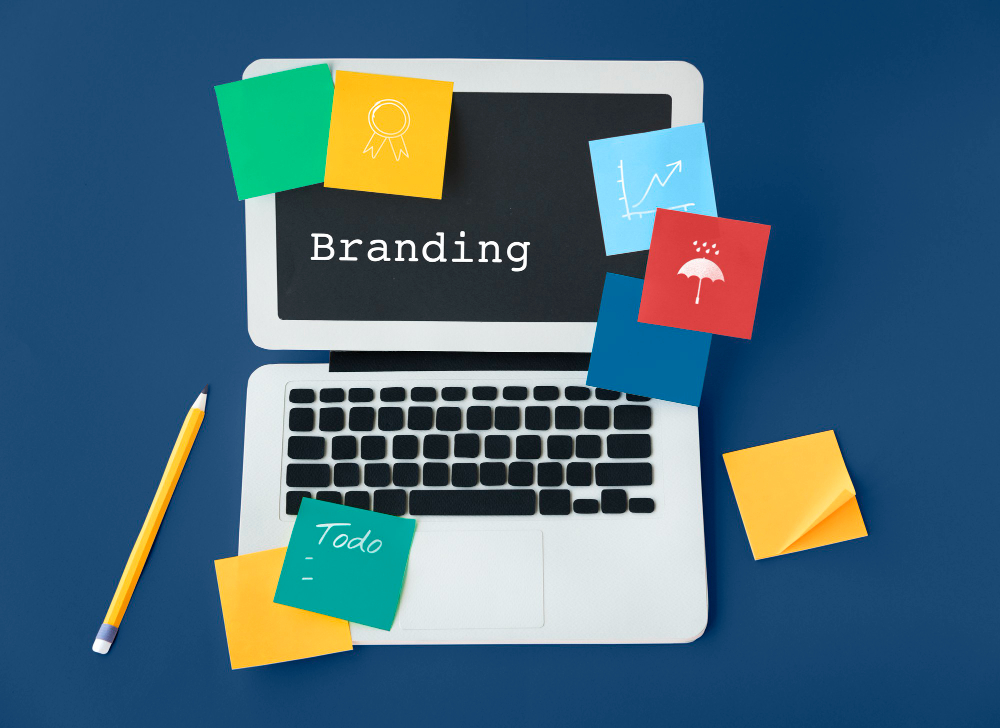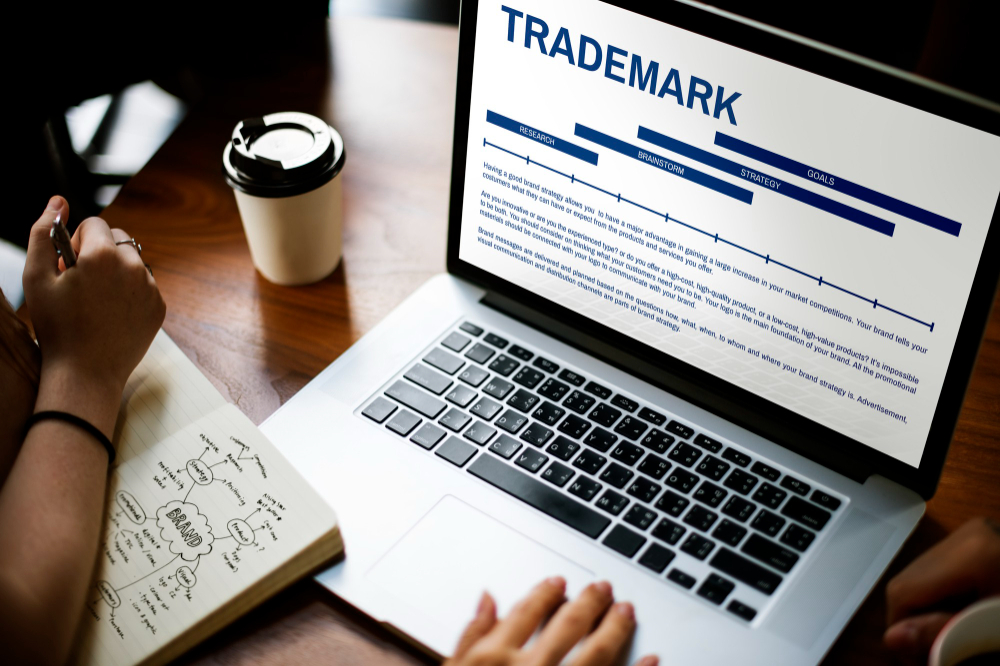Top ORM Executive Tips for Managing Online Presence
Introduction
In today’s digital-first era, an organization’s reputation is constantly under the spotlight. From customer reviews and social media interactions to industry mentions, the perception of a brand can shift in moments. This makes the role of an ORM executive critical in safeguarding and shaping how stakeholders view a company. For business leaders and executives, learning to manage online presence effectively is no longer optional—it’s essential to growth, resilience, and long-term credibility. Knowing the right strategies helps ensure positive visibility while minimizing the risk of reputational damage.
This blog highlights the most effective ORM executive tips for managing online presence with confidence and precision. We’ll explore the fundamentals of online reputation, must-know factors before implementing ORM strategies, and actionable tips that executives can apply immediately. By the end, you’ll discover how to strengthen your digital footprint, safeguard credibility, and amplify your organization’s reputation. If you’re ready to take control of your brand image, Aiplex ORM offers expert solutions tailored to executives seeking comprehensive reputation management services.
Things to Know Before Applying ORM Executive Strategies
Understanding Digital Reputation Dynamics
Every ORM executive must grasp how digital reputation dynamics work in today’s interconnected marketplace. Public perception is no longer driven solely by corporate messaging but also by user-generated content, media coverage, and competitor narratives. Online reviews, forums, and news portals all play a role in shaping how your brand is perceived. Understanding these dynamics allows executives to anticipate shifts in sentiment and respond with agility. The digital reputation landscape evolves quickly, requiring a proactive approach rather than a reactive one.
Equally important is recognizing the weight of online search results. Most customers form their opinions based on what appears on the first page of Google. Negative results can overshadow positive ones if left unchecked. ORM executives must therefore prioritize strategies that amplify positive mentions while mitigating harmful content. By mastering the intricacies of reputation dynamics, executives are better equipped to safeguard brand equity and build long-term trust with stakeholders.
The Impact of Social Media Influence
Social media is a double-edged sword for executives overseeing online reputation. While it offers powerful platforms for brand advocacy and customer engagement, it can also amplify crises instantly. A single negative tweet or viral video can create a reputational challenge overnight. Executives must therefore understand the influence of these platforms and implement strategies that encourage positive conversations. Building a robust social media presence ensures that positive messaging outweighs potential negativity.
Proactive social listening tools allow executives to track mentions and sentiment in real time. By identifying emerging issues before they escalate, leaders can prevent small problems from snowballing into crises. Social media influence also provides opportunities to humanize the brand, connect directly with audiences, and showcase authenticity. When managed effectively, these platforms become vital allies in strengthening online presence and enhancing reputation resilience.
The Role of SEO in Reputation Management
Search engine optimization (SEO) is a cornerstone of effective ORM strategies. Executives must understand that managing reputation is not only about handling negative press but also about promoting positive and accurate content that ranks well. Optimized content ensures that stakeholders encounter favorable narratives when searching for your brand. This includes publishing thought leadership articles, press releases, and client success stories that reflect the company’s strengths.
Beyond creating content, ORM executives should collaborate with SEO experts to suppress harmful or irrelevant search results. By strategically pushing positive pages higher in rankings, negative content becomes less visible. SEO-driven ORM also supports brand consistency across platforms. A well-executed SEO plan ensures that your digital presence aligns with corporate values, reinforcing trust and credibility among audiences.
Legal and Ethical Considerations
ORM executives must balance proactive reputation management with legal and ethical considerations. Attempting to remove or suppress content without following guidelines can lead to backlash or legal repercussions. Executives need to understand digital laws, compliance standards, and platform-specific policies to ensure that reputation strategies remain ethical. Respecting transparency and accountability builds trust and avoids reputational risks.
Ethical considerations also extend to content creation and stakeholder communication. Misleading campaigns or fake reviews may deliver short-term results but can damage credibility in the long run. Executives must lead with integrity, ensuring ORM practices align with the organization’s values and broader corporate governance. This ethical approach not only protects against risks but also strengthens the organization’s standing as a trustworthy brand.
Importance of Data and Analytics
Data-driven insights are indispensable for ORM executives seeking to manage online presence effectively. Monitoring tools provide analytics on sentiment, engagement, and keyword performance, offering executives clear visibility into public perception. These insights inform smarter decisions, from content creation to crisis response. By relying on analytics, executives ensure their strategies are measurable and aligned with organizational goals.
Moreover, data helps evaluate the impact of ORM initiatives over time. Executives can track improvements in sentiment, search rankings, and brand visibility, identifying which strategies deliver the best results. Data-driven ORM not only improves efficiency but also strengthens accountability by providing quantifiable evidence of success. This ensures executives can continuously refine their approaches for maximum impact.
Top ORM Executive Tips for Managing Online Presence
Tip 1: Monitor Mentions Proactively
- Executives must stay aware of what’s being said about their brand across the internet. Proactive monitoring through tools like Google Alerts, social listening software, and review aggregators ensures no mention goes unnoticed. Monitoring helps detect early warning signs of reputational threats and provides opportunities to highlight positive feedback. By maintaining constant visibility, executives can act quickly to shape the narrative.
- Additionally, monitoring creates a feedback loop for improvement. Customer complaints or suggestions often reveal gaps in services or processes. Addressing these insights demonstrates responsiveness and care, further strengthening reputation. A proactive monitoring strategy positions executives to respond with agility and maintain control over their brand image.
Tip 2: Develop a Crisis Response Plan
- Even the most reputable organizations face crises. Executives should prepare by establishing a structured crisis response plan. This includes designating spokespersons, drafting communication templates, and defining escalation protocols. A well-prepared response plan minimizes confusion and ensures timely action when challenges arise. Executives who act swiftly and transparently can turn crises into opportunities for demonstrating accountability.
- Regular simulations and training further refine crisis readiness. By anticipating different scenarios, executives can ensure the organization is prepared for unexpected challenges. A strong crisis response strategy not only limits reputational damage but also reinforces the company’s credibility in the eyes of stakeholders.
Tip 3: Build Thought Leadership
- Executives can enhance their brand presence by positioning themselves as industry thought leaders. Publishing insightful blogs, speaking at conferences, or engaging in media interviews showcases expertise and authority. Thought leadership builds credibility and demonstrates that the organization values knowledge sharing and innovation. This approach elevates both the individual executive and the company as trusted industry voices.
- Consistency is key to effective thought leadership. Executives must choose topics aligned with their expertise and deliver authentic, value-driven insights. Over time, consistent contributions foster trust and recognition, solidifying their role as influencers within their industry. This credibility significantly strengthens online reputation and stakeholder confidence.
Tip 4: Leverage Positive Content Marketing
- Content marketing plays a crucial role in online reputation management. Executives should focus on creating and promoting content that highlights organizational achievements, customer success stories, and values-driven initiatives. Positive content not only shapes perception but also improves search visibility. When well-optimized, it ensures favorable narratives appear prominently in search results.
- Additionally, executives should diversify content formats—blogs, videos, infographics, and podcasts—to engage different audiences. Promoting this content across platforms amplifies reach and reinforces consistent messaging. Leveraging positive content builds a strong foundation of credibility, ensuring stakeholders encounter trustworthy information at every digital touchpoint.
Tip 5: Engage Authentically on Social Media
- Executives should view social media as a tool for authentic engagement rather than just promotion. Responding to comments, joining conversations, and sharing behind-the-scenes insights humanizes the brand. Authentic engagement fosters stronger connections and shows stakeholders that the company values open communication. Executives who engage meaningfully earn trust and loyalty over time.
- Furthermore, executives should encourage employee advocacy on social platforms. Empowering staff to share their positive workplace experiences expands reach and adds authenticity to messaging. Authentic engagement strategies ensure social media becomes a reputational asset rather than a liability.
Tip 6: Prioritize Transparency in Communication
- Transparent communication is essential for building trust in digital spaces. Executives should openly share company updates, acknowledge challenges, and communicate resolutions honestly. Stakeholders appreciate organizations that are upfront and accountable. Transparency prevents misinformation from taking root and reinforces a culture of trust.
- In addition, transparency must extend to customer interactions. Providing clear responses to complaints and feedback demonstrates respect and responsibility. Executives who prioritize openness create a reputation for reliability, further solidifying positive brand perception.
Tip 7: Foster Community Engagement
- Engaging with communities both online and offline strengthens reputation by showcasing social responsibility. Executives can participate in local initiatives, support causes, or host webinars that add value to their industry. Community engagement demonstrates that the organization values more than just profit, building goodwill and trust among stakeholders.
- By amplifying these initiatives online, executives expand their positive influence and enhance brand image. Community engagement efforts align with broader corporate social responsibility goals, further reinforcing the company’s reputation as an ethical and caring organization.
Tip 8: Integrate ORM with Business Strategy
- Reputation management should not exist in isolation. Executives must integrate ORM into the overall business strategy to ensure alignment with corporate goals. This includes embedding ORM practices into customer service, marketing, HR, and compliance processes. When reputation management becomes part of the organizational DNA, its impact is amplified across all functions.
- Integration also ensures consistent messaging and accountability. By aligning ORM with business objectives, executives create a unified approach that strengthens reputation while driving organizational success. This holistic perspective ensures long-term sustainability in managing online presence.
Tip 9: Use Data for Continuous Improvement
- Data should guide every aspect of ORM executive strategies. Regular analysis of sentiment, engagement metrics, and online visibility reveals strengths and areas for improvement. Executives can use these insights to refine messaging, optimize campaigns, and enhance responsiveness. Data-driven decision-making ensures ORM remains agile and effective in a dynamic digital environment.
- Furthermore, continuous improvement builds stakeholder confidence. Demonstrating that the organization adapts based on feedback shows commitment to excellence. Executives who leverage data effectively transform ORM from a defensive tactic into a proactive growth strategy.
Tip 10: Partner with Reputation Management Experts
- Managing online presence effectively can be resource-intensive. Partnering with professional ORM firms like Aiplex ORM provides executives with access to expertise, technology, and proven strategies. These partnerships ensure comprehensive monitoring, timely crisis intervention, and tailored reputation-building initiatives. Collaborating with experts frees executives to focus on strategic decision-making while maintaining confidence in reputation management efforts.
- By leveraging expert support, executives gain a competitive advantage in safeguarding their brand. Reputation management firms bring advanced tools and insights that amplify the effectiveness of executive-led strategies. Choosing the right partner ensures long-term resilience and success in managing online presence.
Why Choose Aiplex ORM for Online Reputation Management?
For executives seeking reliable support in managing their organization’s online presence, Aiplex ORM offers unmatched expertise. Their services include real-time monitoring, SEO-driven reputation repair, crisis response, and strategic content promotion. By combining advanced technology with industry knowledge, Aiplex ORM ensures that brands maintain a strong, positive digital footprint at all times. Executives can trust their team to safeguard credibility and amplify trust across multiple platforms.
What sets Aiplex ORM apart is its commitment to tailoring strategies for each client. Whether mitigating negative press, boosting visibility for thought leadership, or enhancing stakeholder engagement, Aiplex ORM delivers results aligned with organizational goals. For executives navigating the complexities of online reputation, Aiplex ORM provides a dependable partner to achieve sustained digital success.
Conclusion
For today’s executives, online reputation management is a strategic imperative. The digital landscape demands constant vigilance, proactive engagement, and authentic communication. By implementing the tips outlined—monitoring mentions, preparing for crises, building thought leadership, leveraging positive content, engaging authentically, prioritizing transparency, fostering community, integrating ORM into business strategy, using data, and partnering with experts—executives can safeguard and elevate their online presence.
A strong reputation not only protects against risks but also creates opportunities for growth, trust, and influence. For leaders ready to strengthen their digital footprint, Aiplex ORM provides the tools, expertise, and personalized strategies needed to succeed in a competitive environment. With the right approach, reputation becomes more than just protection—it becomes one of the most valuable assets an executive can build.
Summary
This blog provided a comprehensive guide to ORM executive tips for managing online presence. We began by discussing the key factors executives must know, including digital reputation dynamics, social media influence, SEO, legal considerations, and the importance of data analytics. We then explored actionable tips ranging from proactive monitoring to expert partnerships. Together, these strategies equip executives to build, protect, and enhance their organization’s reputation.
Aiplex ORM stands as a trusted partner for executives looking to master online reputation management. Their expertise, customized solutions, and advanced tools empower leaders to maintain control of their digital narrative. In today’s fast-paced digital age, reputation defines success—and with Aiplex ORM by their side, executives can achieve lasting credibility and influence.








